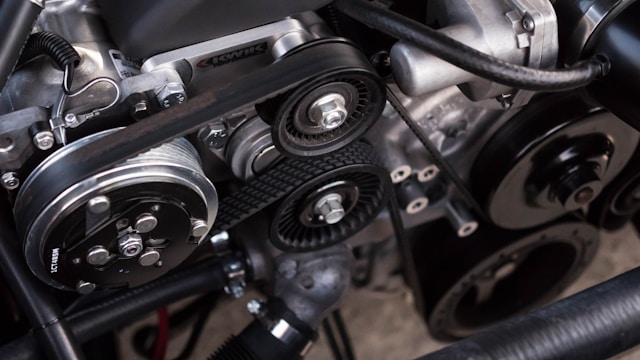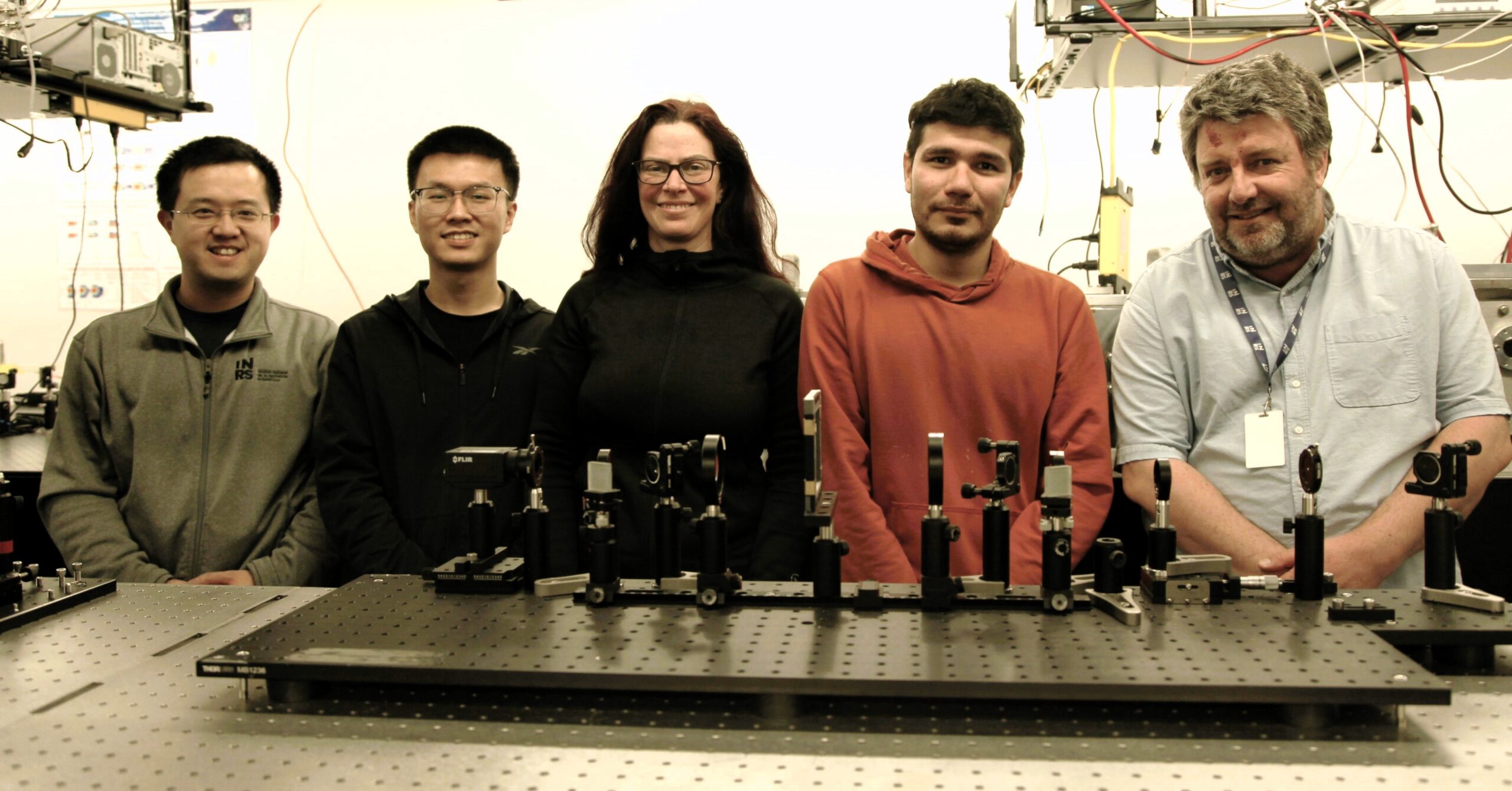A recent study has shed light on the remarkable benefits of medical clowns in pediatric healthcare. These specially trained individuals, equipped with a unique blend of humor, empathy, and storytelling, have been shown to significantly reduce hospital stays for children. By creating a more positive and playful atmosphere, medical clowns help alleviate the stress, anxiety, and fear often associated with hospitalization.
A Child-Friendly Approach to Healthcare
Their ability to distract young patients from pain and discomfort is unparalleled. Through interactive games, magic tricks, and personalized storytelling, medical clowns foster a sense of joy and normalcy, helping children cope with their illness in a more positive way. This, in turn, can lead to improved overall well-being and a faster recovery.
Furthermore, medical clowns can play a crucial role in bridging the gap between healthcare providers and young patients. By building rapport and trust, they can make the hospital experience less intimidating and more child-friendly. This can encourage better communication and cooperation between children and their medical team, ultimately leading to more effective treatment.
Dr Karin Yaacoby-Bianu, a researcher at the Carmel Medical Centre and Israel Institute of Technology, Israel, said, “While the practice of medical clowning is not a standardised interaction, we believe that it helps to alleviate stress and anxiety, improves psychological adjustment to the hospital environment and allows patients to better participate in treatment plans like adherence to oral antibiotics and fluids,”
“Laughter and humour may also have direct physiological benefits by lowering respiratory and heart rates, reducing air trapping, modulating hormones, and enhancing the immune function.”







